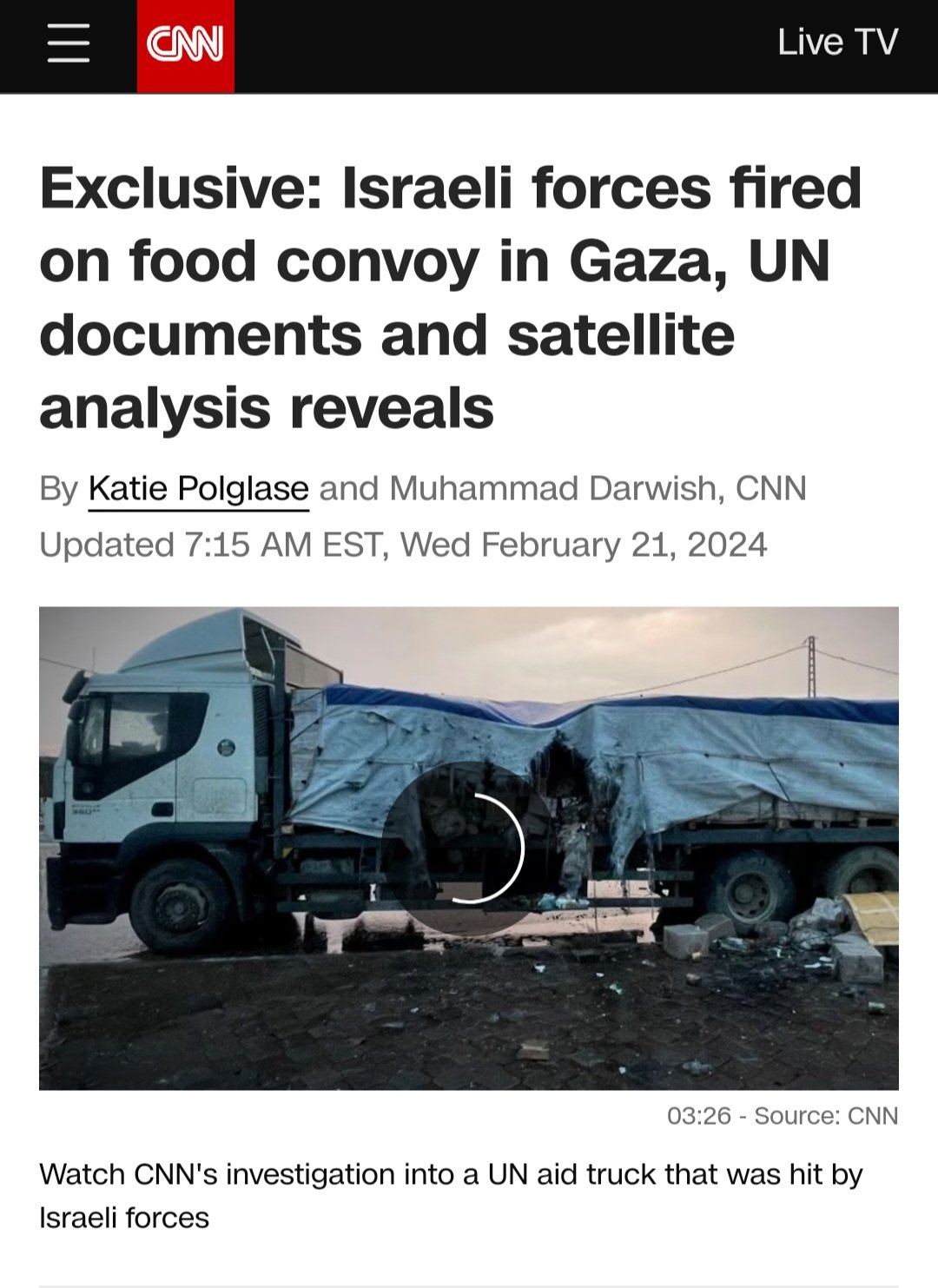It's primarily a matter of geography and power but also Israel has done a very good job. The main way Israel overcame water shortages was through the admirable use of desalination plants which means that currently up to
75% of its water comes directly from the Mediterranean. The rest comes from exploitation of the coastal aquifer, mountain aquifers and the River Jordan. As anyone can see from looking at a map the West Bank and Jordan don't have the same kind of access to the sea as Israel. This means that they are almost entirely dependent on water from the River Jordan, tributary rivers and groundwater sources like aquifers. These are already terribly scant supplies but unfortunately for them geography has also dictated the secondary effect that Israel can control the lion's share of these resources too - the Jordan River via the Sea of Galilee, the aquifers* because while the majority of their waters come from rain on the West Bank, they collect underground on Israeli territory.
What does all this mean? Well, for Jordan a simple lack of resources means that it can only supply its citizens with
61 cubic metres of fresh water per year. The internationally recognised absolute water poverty line is 500 cubic meters per year. Jordan would need to expand its own resources by more than 800% just to meet the international minimum. If you avail yourself of the figures I'm sure you can appreciate how ridiculous it would be to demand that such a water scarce country provide water externally. The resources just aren't there.
If we turn to the West Bank access to water is even more restricted. Israel prevents Palestinians from having virtually any access to the River Jordan at all. Meanwhile its aquifers are entirely under the ownership of Mekorot - Israel's national water company. This is where geography and power become married. West Bank Palestinians, via Military Orders
158 and
92 have become increasingly restricted from digging wells to access the mountain aquifers collecting beneath them; geography then dictates that these waters run off and are collected beneath Israeli lands. Mekorot is then permitted to sell this water back to the Palestinians but only at a rate decided by the Israeli government. This results in a situation whereby
80% of the aquifer's water is replenished by rain falling on the West Bank (PDF. Pg 4 paragraph 1), but over
80% of that water is owned and used by Israel itself (PDF. Pg 9 paragraph 3).
Finally we get to the Gaza strip where water scarcity meets its height. Its only immediate sources of water are the Mediterranean, the coastal aquifer and the Wadi Gaza. The coastal aquifer is shared with Israel and the northern Sinai (Egypt) and each competes with the other for its use. Overuse of this aquifer means that it cannot replenish fast enough and the southern portion (ie that under Gaza) is now
unusable for drinking water and almost unsuitable for irrigation. As for the Wadi Gaza, that relies on headwaters that flow from within Israel and Israel uses much of this water to irrigate the Negev before it can enter Gaza itself. If the aquifer is unusable and the only river runs dry the only things left are desalination plants and imports. The construction of desalination plants are governed by the aforementioned Israeli Military Orders and all imports are controlled by Israel. Gaza
has built some desalination plants, but they require electricity. This electricity is also largely controlled by Israel or requires the use of imported fuel - which Israel also controls.
So your final question - why don't other Palestinian neighbours provide water and why should it be Israel's responsibility has, for me, three answers. Firstly, these countries don't provide water because they cannot even provide for themselves. Secondly Israel and Palestine share many of the same water resources, but Israel controls them and is therefore somewhat responsible for Palestinian water scarcity while, alone in the region, retaining a surfeit of water it can export. Thirdly, because it is Israel's will that they do not. Having power over Palestine's borders means they have final say on what can and cannot be imported. Retaining control of Palestine's water supply confers upon them a very potent instrument of coercion, an excellent weapon to have in times of strife and violence and one that I don't think Israel would be happy to relinquish.
*
Not Jordan's, only the West Bank. I was thinking about that earlier. 'Arab-backed.' That's literally just racism.
I was thinking about that earlier. 'Arab-backed.' That's literally just racism.

